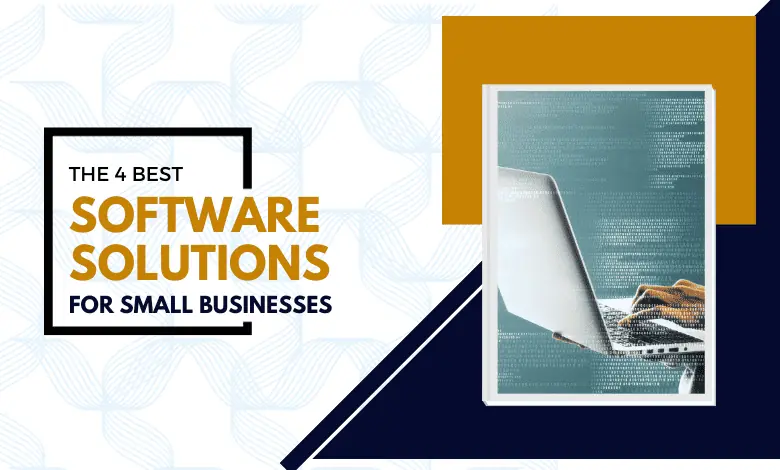The 4 Best Software Solutions For Small Businesses

If you don’t have the necessary tools, efficient time management may be a challenging undertaking, and this is especially true when your company expands. In such scenarios, integrating HVAC software into your workflow can significantly enhance productivity. We are fortunate to live in an age with an abundance of software solutions that aim to simplify the time tracking process and make it as hassle-free as possible. We’ll have a look at four of the most effective software options now available on the market.
The 4 Best Software Solutions For Small Businesses
1.Controlio
Controlio offers an impressive computer monitoring software solution that caters to businesses of all sizes, from small enterprises to larger corporations. Their platform provides valuable insights into employee productivity and behavior, making it an essential tool for workforce analysis. The user-friendly dashboard offers real-time data, screen recording, and detailed activity reports, enhancing management’s ability to monitor and assess employee performance. Controlio excels in providing security measures with its stealth mode and strong protective measures, addressing modern cybersecurity challenges. Customer reviews highlight its effectiveness in tracking employee work and production, emphasizing the clarity of data presentation.
2. Timely
Timely is a one-of-a-kind time tracking programme that records everything you work on by automatically tracking the amount of time spent on each task. Its artificial intelligence observes your work patterns and makes suggestions to improve your concentration by reducing the number of interruptions you experience. The automatic tracking of time, the management of time spent on projects, the management of time spent by teams, and extensive reporting are some of the notable features of Timely. The time tracking tool that automatically tracks your time keeps tabs on everything you work on and then incorporates this information into a chronology of your work.
3. Monday
Monday.com is a collaborative Work OS (Work Operating System) that enables businesses to manage activities, projects, and processes in order to improve their level of efficiency and collaboration. It is designed to be flexible and adapt to many forms of work, such as daily activities, client management, lead generation, and other types of work. You can utilize the work hours tracking system.
4. ClickUp
This tool gives you a high-level overview of all of the tasks that are being performed at every level of your organization. You can filter, sort, and store this overview according to your specific requirements. ClickUp has over 15 different strong views, some of which are the List View, the Board View, the Calendar View, and the Gantt View. These views allow users to approach their work from a variety of perspectives. Other features include sharing task or document links.
Conclusion
Keep in mind that the finest time tracking software for your company is one that can be easily integrated into your business processes, caters to the specific needs of your company, and has the features and integrations that are necessary for your company. Each of these remote work monitoring software, such as Monday, Clickup, Clockify, and Timely, offers something unique to the table in terms of its qualities.






